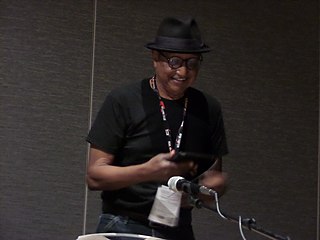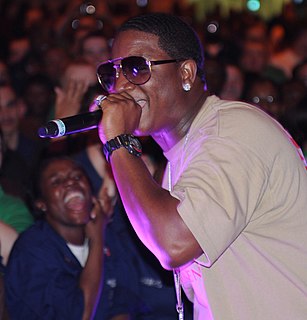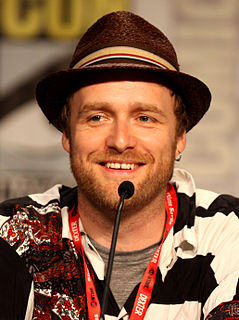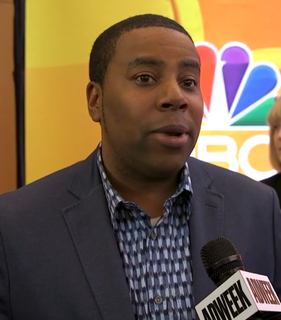A Quote by Mike Birbiglia
When I started out, I really struggled as a comic because no one knew who I was, and sometimes I was telling stories, so it would take a while for people to get on board for things.
Related Quotes
What's neat about TV is you get really rich, an opportunity to tell really rich stories over the course of 20 hours. Film is cool because it's an hour and a half to two hours. You go on an adventure and by the end it's all cleaned up. Maybe in a franchise you have three chapters of a great story but in TV you can really get deep. You have more time to tell stories so I would definitely not rule out doing television in the future because I think it's a great medium for telling stories.
I always tried to make people laugh. I attribute that to - I come from a family of divorce. It was a way to distract myself from stuff. I always thought it was interesting that my brother and I existed in this really tight bond, and we would just take the piss out of pretty much everything. I knew I wanted to be an actor so it would be great if I could make people laugh while I was doing this, because I could be other characters and other people, and I could hide behind things. It was a great out for me, and a mode of expression.
See, because I played behind the scenes so much I already knew what to expect. So I started getting myself ready. I was creating work for myself to do. People were telling me to take a rest and saying "damn, you already acting like you going on MTV or something." In my mind I was because I knew it was what I'd have to do in the near future.
I would want people to take away this idea that sometimes people's problems or neuroses are really the things that are kind of a blessing in disguise, and even though there's sometimes pain associated with these things that sometimes in the face of adversity with obstacles to overcome, people can really kind of soar and find their higher selves.
When I started acting, doing theater stuff at a young age, I was always the comic relief-type roles, so I knew I had a funny bone and could make groups of people laugh, but I didn't really take it seriously until I started getting paid on a weekly basis; then I was like, 'Oh, well, this could be a lifestyle.'
My real purpose in telling middle-school students stories was to practice telling stories. And I practiced on the greatest model of storytelling we've got, which is "The Iliad" and "The Odyssey." I told those stories many, many times. And the way I would justify it to the head teacher if he came in or to any parents who complained was, look, I'm telling these great stories because they're part of our cultural heritage. I did believe that.
I started to make a joke that I had an imaginary friend underneath the let-out couch named Binky. I would never talk to him; I would only use him as entertainment for other people. I knew they thought that children had imaginary friends, so I was like, "I don't really believe in imaginary friends, but I want to feel like I do." I used to make a joke, "My imaginary friend Binky says this," because I knew it would get a laugh out of them.
I had a lot of great lakes of ignorance that I was up against, I would write what I knew in almost like islands that were rising up out of the oceans. Then I would take time off and read, sometimes for months, then I would write more of what I knew, and saw what I could see, as much as the story as I could see. And then at a certain point I had to write out what I thought was the plot because it was so hard to keep it all together in my head. And then I started to write in a more linear way.


































